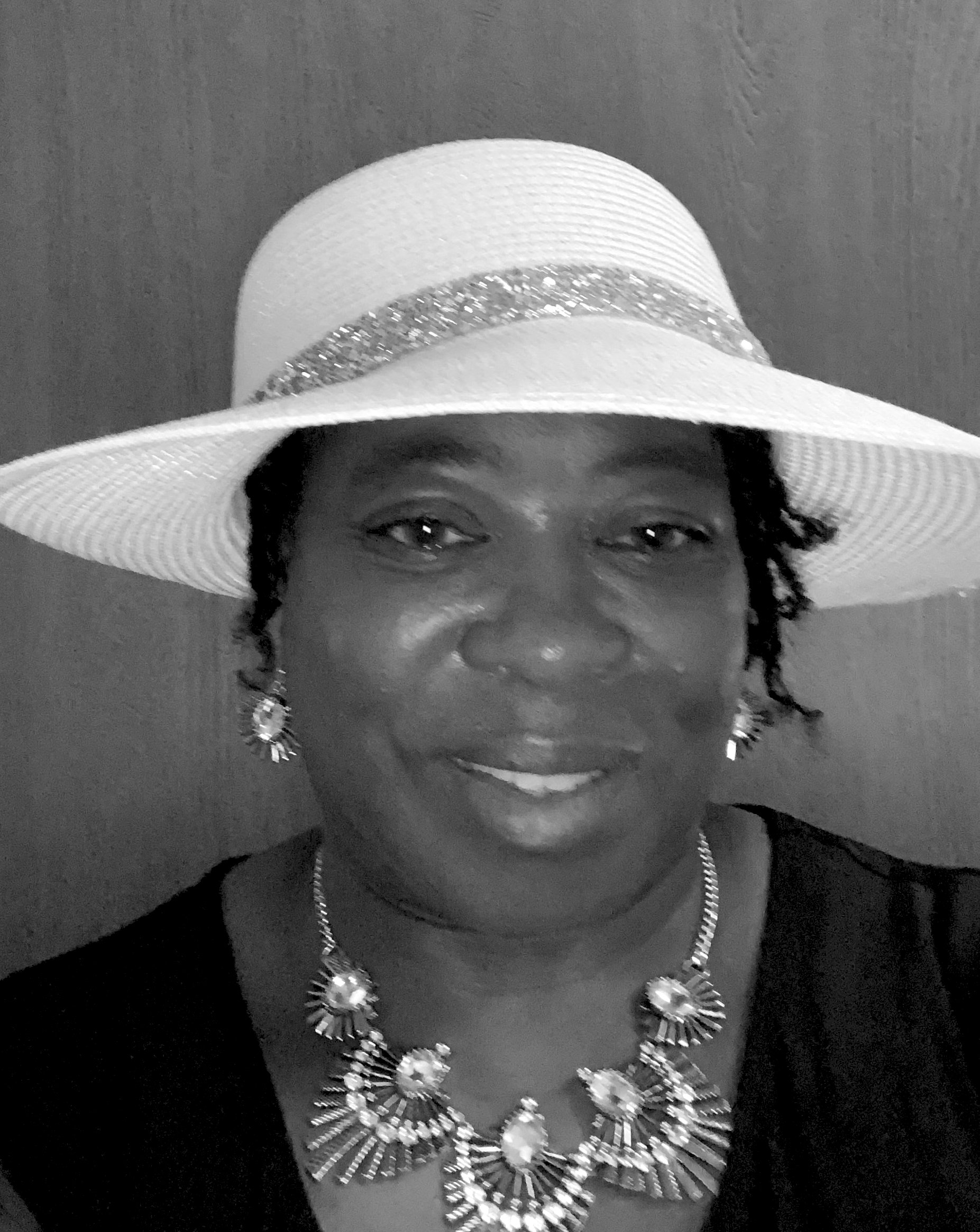
Let’s build a stronger, more resilient Alabama.
Here to support Alabama’s leaders.
From activists and community organizers to faith leaders, farmers, and business leaders we are here to support leaders from all backgrounds doing incredible work in their communities to secure the safety and dignity of every Alabamian.
About us
“Alabama Leads is an opportunity to allow really dynamic, grassroots leaders to come and fill their cup.”
Alabama Leads is a program designed to provide peer connection, opportunities for learning and growth, and programmatic support for leaders working to build a more resilient, equitable, and peaceful Alabama.
Alabama Leads aims to support leaders in their work by gathering time, space, and resources that feed back into our leaders. Through shared spaces of learning, connection, and exchange, Alabama’s leaders build both relationships and their own capacity in ways that serve not only their work, but their whole selves.
Here’s how.
-
In our 2022-2023 and 2023-2024 cohorts, Alabama Leads consisted of diverse leaders from across Alabama who are working to build resilience in their communities. While each member’s focus may be different – our leaders last year focused on environmental justice, sustainability, family advocacy, immigration, voting, health equity, and much more – they are united by a commitment to building a truly peaceful Alabama – a peace marked not only by the absence of conflict, but by the presence of justice.
As we recruit for our 2025 cohort, we are excited to engage with Alabamians representing different sectors, geographies, generations, and experiences. Submit your application here.
-
Members are selected through an application process including a virtual meet and greet session, with Alabama Leads co-chairs and Over Zero’s program staff. Once selected, members of Alabama Leads have unique access to 9 months of cohort-based programming.
-
The program consists of:
– A deep-dive training on the psychological and social drivers of intergroup violence and harm;
– A strategic communications workshop;
– Resilience-building workshop;
– Peer support spaces; and
– Programmatic coaching and support.







